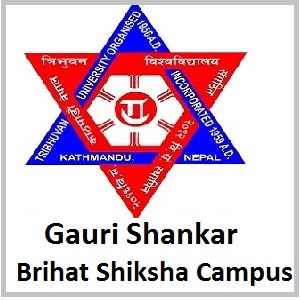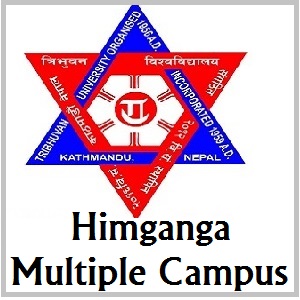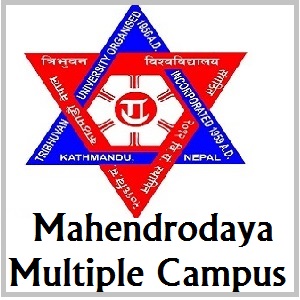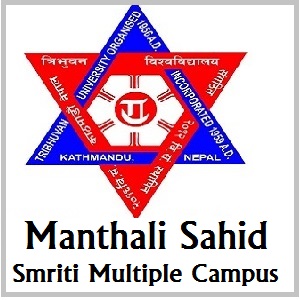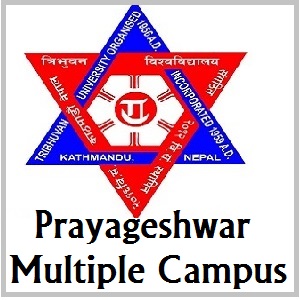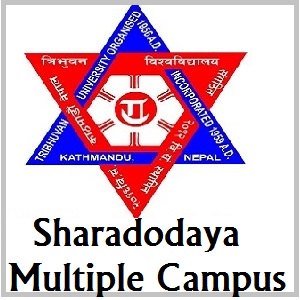Overview
Gaurishankar Multiple Campus was established in 2057 BS (2000 AD) with a simple yet powerful goal: to provide young people of Ramechhap with a fair chance at higher education, right here at home. Located in Ramechhap Bazar, this community campus was built through the effort and vision of local educators, parents, and social leaders who believed that education should be close, affordable, and meaningful.
Today, the campus is affiliated with Tribhuvan University (TU) and is officially recognized by the University Grants Commission (UGC) of Nepal. But more than that—it’s trusted by the community, supported by the people, and run for the students.
For many students in this region, leaving home to study isn’t an easy option. Gaurishankar Multiple Campus bridges that gap. It allows students to stay close to their families, study in a familiar environment, and build their future without the burden of relocation.
This is not just a place where degrees are handed out. It’s a space where young people learn, question, grow, and prepare themselves for the real world.
| Key Aspects | Details |
|---|---|
| Name | Gaurishankar Multiple Campus |
| Established | 2057 BS (2000 AD) |
| Location | Ramechhap Bazar, Ramechhap District, Nepal |
| Affiliation | Tribhuvan University (TU) |
| UGC Recognition | Yes (University Grants Commission of Nepal) |
| Campus Type | Community-based, non-profit public institution |
| Offered Programs | Bachelor of Arts (BA), Bachelor of Education (B.Ed.) |
| BA Subjects | Nepali, Sociology, Rural Development, Mathematics |
| B.Ed. Subjects | English, Economics, Mathematics, Nepali, Health, Population Studies |
| Teaching Style | Personal, interactive, practice-based |
| Extracurricular Activities | Sports, debate, quiz, and cultural programs |
| Scholarships | Offered to need-based and deserving students |
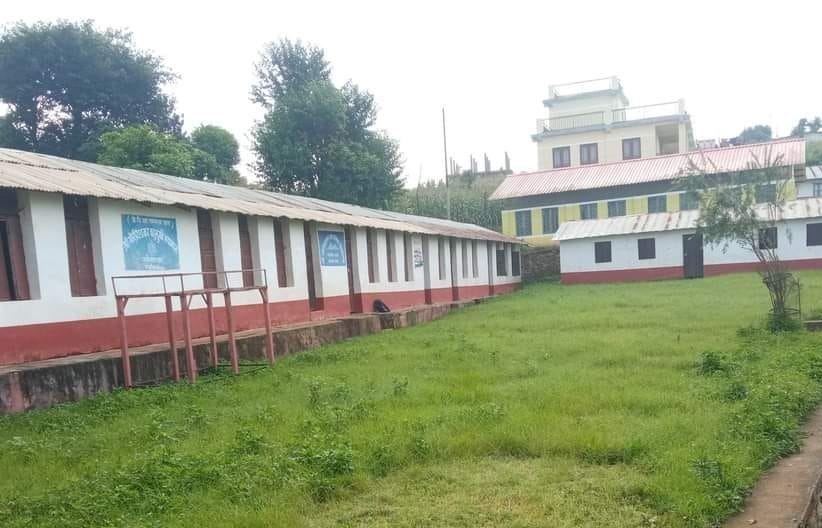
Vision
To become a reliable and respected center of learning in the region, rooted in community values and committed to affordable, inclusive education.
Mission
-
Make higher education accessible for rural students.
-
Provide learning that connects with real-life needs.
-
Encourage personal growth, critical thinking, and responsibility.
-
Serve as a platform for long-term social development.
Academic Programs
Bachelor of Arts (BA)
The BA program covers key areas like:
-
Nepali
-
Sociology
-
Rural Development
-
Mathematics
It gives students the tools to understand society, work with data, and contribute to local development.
Bachelor of Education (B.Ed.)
Designed for future teachers, with options to specialize in:
-
English
-
Economics
-
Mathematics
-
Nepali
-
Health
-
Population Studies
This program blends subject knowledge with classroom practice, helping students prepare for careers in teaching and educational service.
Teaching That Feels Real
Classes here go beyond lectures. Teachers know their students—not just by name, but by their strengths, struggles, and ambitions. Lessons are interactive, practical, and often linked with what’s happening in the community.
You’ll see students working on group projects, giving presentations, completing field assignments, or simply meeting with their teachers for guidance. That personal connection is what sets the learning experience apart.
Support, Space, and Student Life
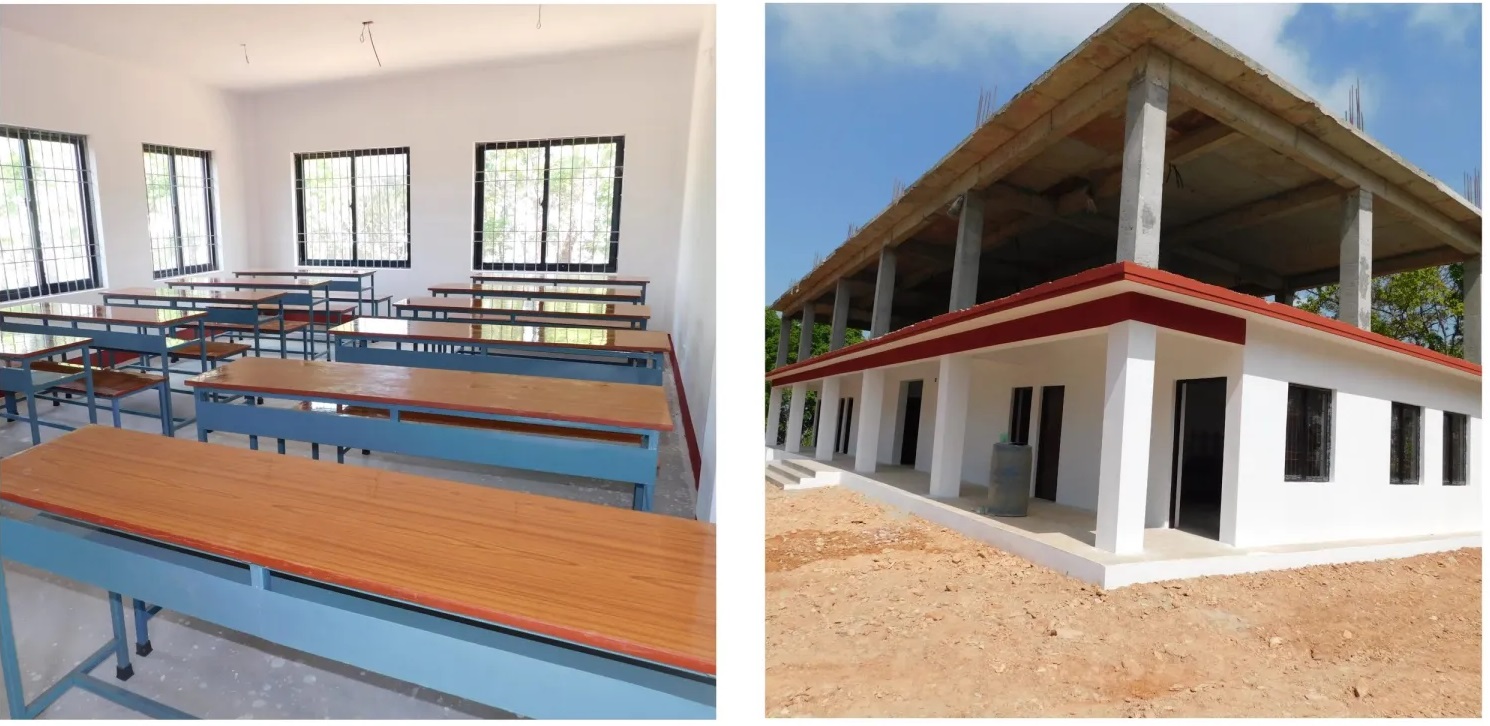
The campus may not be the biggest, but it’s built with care and purpose. Facilities are steadily improving, and students are encouraged to take full advantage of what’s available:
-
Library: Quiet, useful, and stocked with the books that matter.
-
Science Lab: For hands-on experiments and training practice.
-
Multimedia Classes: Used in teaching to make learning more visual.
-
Seminar Hall: A space for discussions, workshops, and small events.
-
Counselling Support: Teachers are always open to listening and helping students plan.
-
Educational Tours: Trips linked with the course—practical and refreshing.
-
Sports & ECA: Students participate in football, volleyball, quiz contests, and other activities.
Scholarships That Make a Difference
Education is meant for everyone, not just those who can afford it. That’s why the campus runs several scholarships, based on both financial need and academic performance. Priority is given to students from marginalized communities, remote areas, and those facing personal hardship.
These small but meaningful supports have helped many students complete their degrees and move forward with dignity.
Run by the People, For the People
Gaurishankar Multiple Campus is a community-run institution. The management committee includes teachers, parents, local leaders, and social workers. Decisions are made transparently, with a focus always on students, not profits or politics.
This close connection with the community keeps the campus grounded and trusted. It also allows local voices to shape education in ways that make sense for the region.
What’s Next?
The campus team has big goals for the future:
-
Start master's level programs to reduce outmigration.
-
Upgrade classrooms and digital facilities.
-
Offer internships and linkages with schools and local offices.
-
Promote research culture among students and teachers.
-
Strengthen outreach in neighboring villages.
These plans aren’t just ideas—they’re a response to the needs we see every day.
Courses Offered
Conclusion
Gaurishankar Multiple Campus stands on the belief that education should be fair, familiar, and forward-looking. It doesn’t try to copy big institutions in the cities—it listens to its students, adapts to its context, and grows from its roots.
Contact Gaurishankar Multiple Campus's administrative office for detailed information on the course, admissions, location, fees, scholarships, facilities, counseling or eligibility.
Contact Details
Gaurishankar Multiple Campus
Email Address: gaurishankarcampusrch@gmail.com
Phone Number: +977-9854074547, +977-48-400049, +977-9844043600
Location: Ramechhap Bazar, Ramechhap, Nepal


